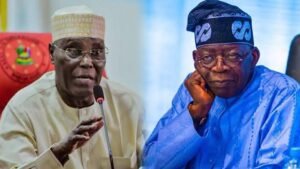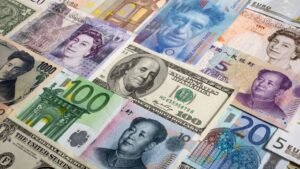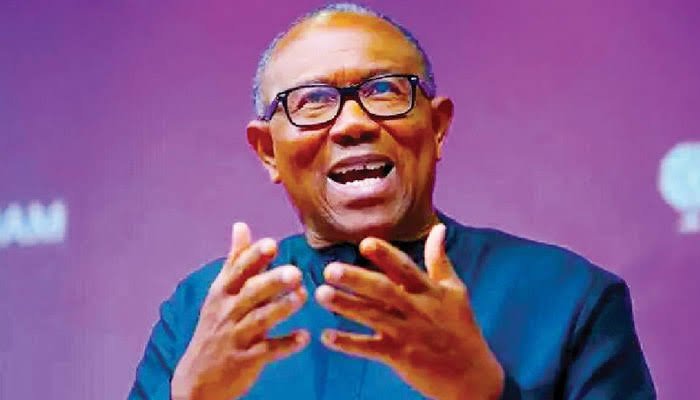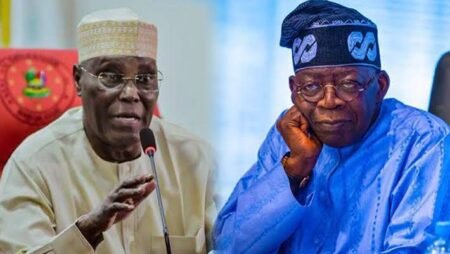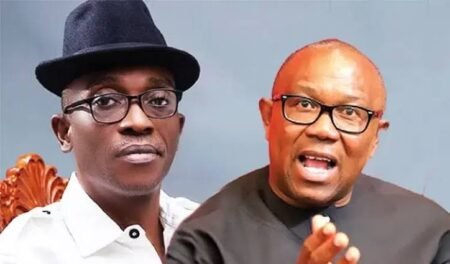With less than 18 months to the 2027 general elections, Nigeria’s political chessboard is shifting rapidly, and the opposition appears increasingly fractured. The once-vibrant Labour Party (LP) and its 2023 presidential candidate, Peter Obi once hailed as the face of a “new Nigeria” are now grappling with a sharp political decline marked by weak structures, waves of defections, and deep internal divisions that threaten to erode the movement’s momentum and relevance ahead of the next polls.
The latest political tremor came from Enugu, where Governor Peter Mbah dumped the Peoples Democratic Party (PDP) for the ruling All Progressives Congress (APC). Analysts say Mbah’s move has effectively sealed the collapse of PDP’s last major base in the South-East, a region the party had dominated since 1999.
With three South-East governors now under APC and others showing alignment with President Bola Tinubu, the region’s political map is being redrawn leaving Obi’s Labour Party and Atiku Abubakar’s PDP scrambling for relevance.
Obi’s Shrinking Base
For Obi, the 2023 election was a political earthquake. He won over six million votes and carried 12 states, including Lagos and the FCT. But two years later, that wave once fuelled by youth energy and social media momentum — appears to be receding.
The Labour Party has lost nearly half its lawmakers at both national and state levels to rival parties. Internal feuds, leadership battles between Julius Abure and Lamidi Apapa, and Obi’s absence from party activities have deepened disillusionment among supporters.
“The party has no direction,” one defected LP lawmaker said. “Since our election, there’s been no caucus meeting, no engagement. Everyone just fends for himself.”
A Movement Without a Structure
Many observers say Obi’s biggest mistake was failing to turn the “Obidient Movement” into a solid political structure. While his message of competence and integrity resonated in 2023, he has since lost touch with many supporters and grassroots leaders.
Civil society allies, labour unions, and socio-political groups that once rallied behind him — including Afenifere, Ohanaeze Ndigbo, and PANDEF are now quietly backing away. Even the Nigeria Labour Congress (NLC) has distanced itself, accusing the party leadership of betraying its workers’ roots.
Flirting with the ADC
Obi’s recent appearances at African Democratic Congress (ADC) coalition meetings have sparked rumours of a defection. Although he insists that “values, not labels” matter, critics warn that his indecision could destroy what’s left of his credibility.
“Obi mistook social enthusiasm for political structure,” political scientist Dr Emeka Umeagbalasi noted. “He inspired hope but failed to institutionalise it.”
Analysts Weigh In
Former PDP chieftain Chief Bode George described Obi’s post-election strategy as “a political miscalculation”, accusing him of squandering historic goodwill.

Afenifere elder Senator Femi Okurounmu also believes Obi’s influence in the South-West is gone: “He failed to consolidate his 2023 success. The dynamics have changed.”
Analysts say the path to revival is narrow but not impossible. Obi must choose a political home, rebuild structures, reconcile factions, and reconnect with the labour movement. Anything less could see him sidelined in 2027.
As one strategist put it bluntly: “The 2023 movement gave Obi a platform. The 2027 election will test if he can build a party.”
